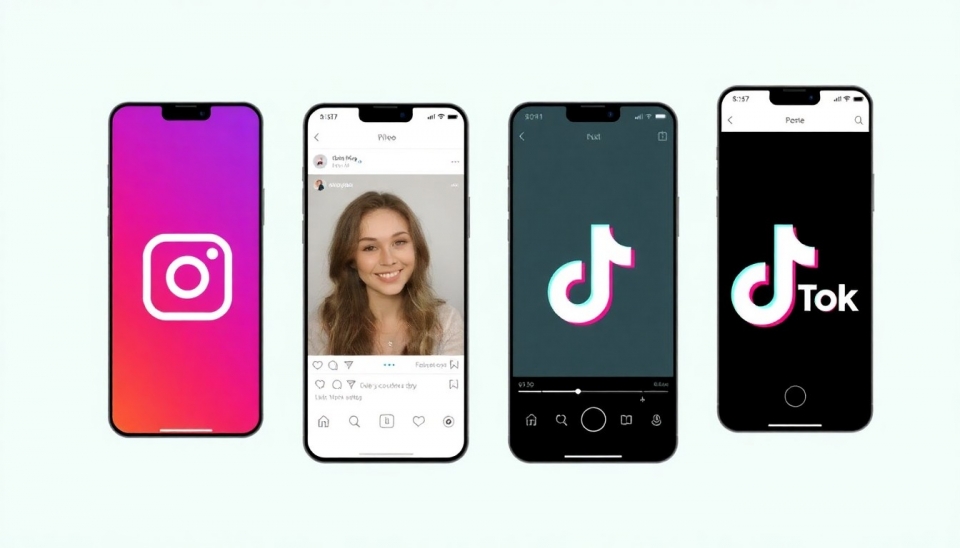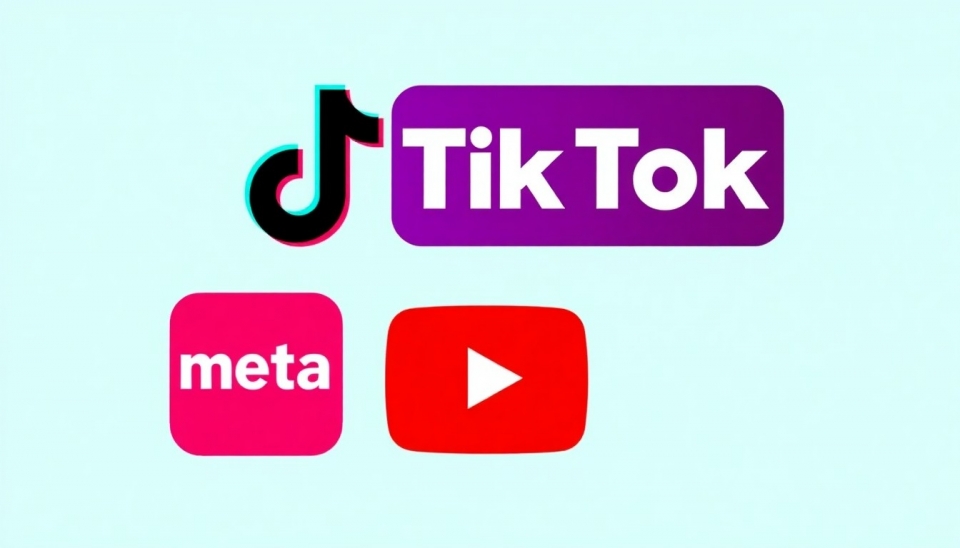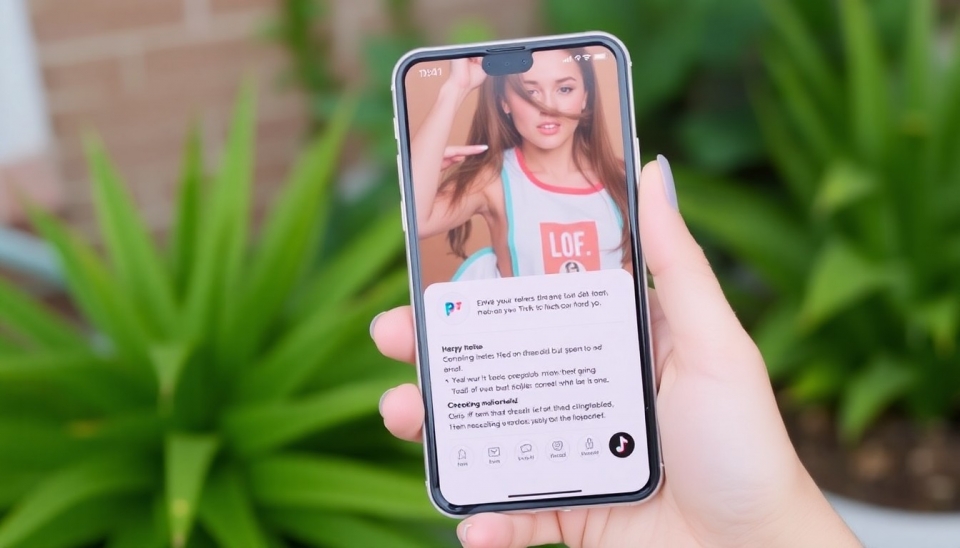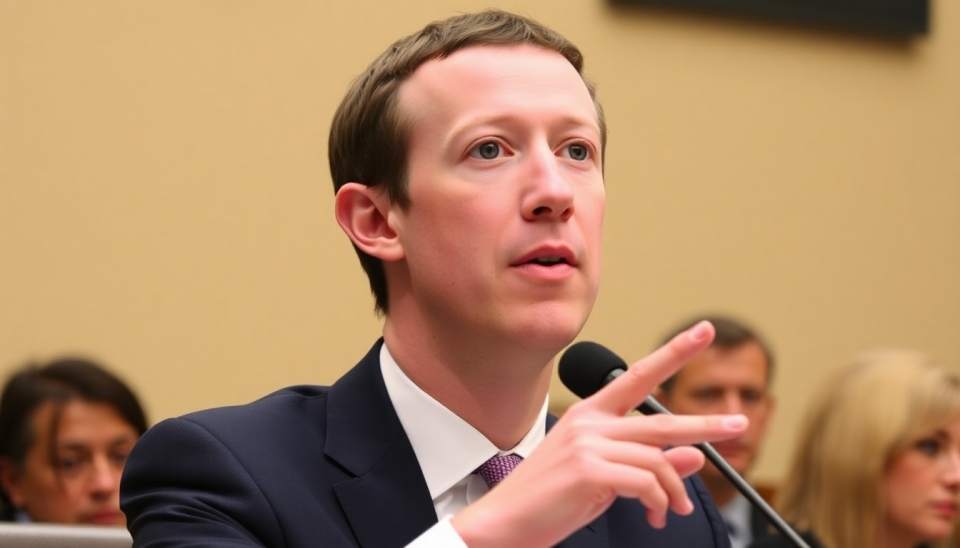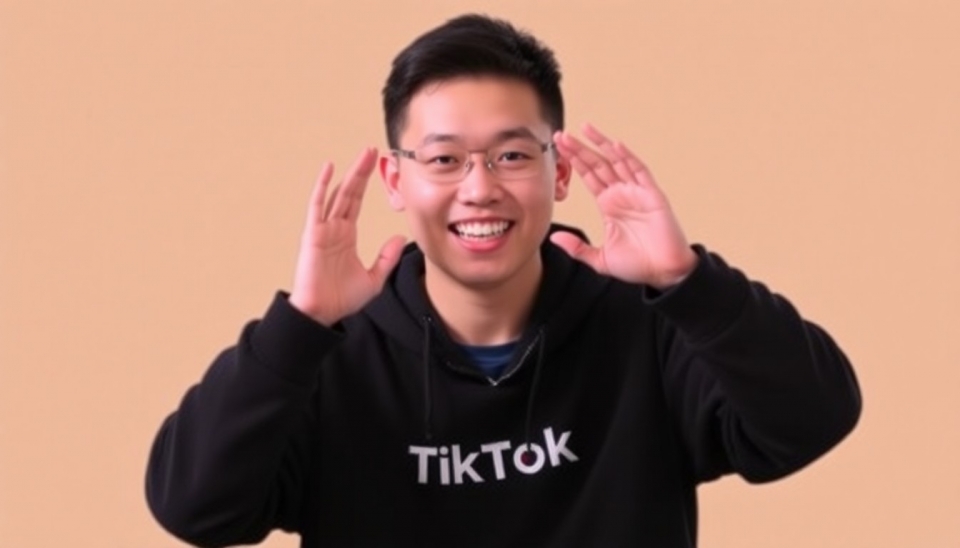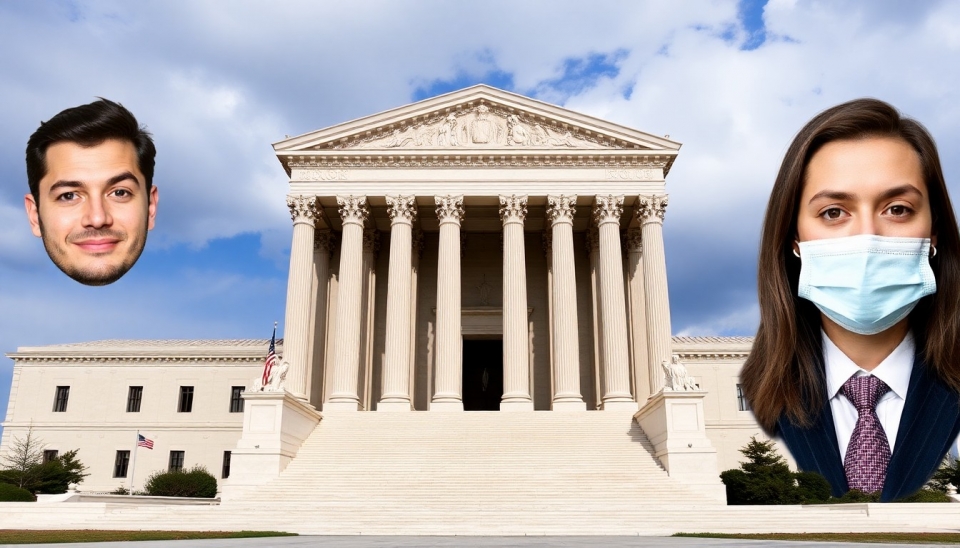
In an unprecedented legal clash, TikTok is set to take center stage at the United States Supreme Court, where the popular social media platform will defend its operations against claims that it poses a significant threat to national security. This pivotal case raises critical questions about the balance between free speech rights and the government's duty to protect its citizens.
The litigation stems from concerns over the Chinese-owned app's data practices and its potential to be used for surveillance by the Chinese government. Critics argue that TikTok could enable Beijing to access sensitive information from American users. In contrast, advocates assert that the app serves as a vital platform for free expression, particularly among younger Americans who use it for creative outings and social engagement.
As the Supreme Court prepares to hear arguments, the case has amplified the ongoing debate surrounding internet freedom and the rights of tech companies in an age where digital privacy and national security increasingly intersect. Legal experts anticipate that this case could set precedent in how future cases are evaluated, particularly concerning technology and its regulation by governmental bodies.
This upcoming hearing highlights a broader national concern about the influence of foreign tech companies, especially those linked to authoritarian regimes. Lawmakers have expressed skepticism about TikTok’s claims of user data protection, calling for stronger regulations on apps that could compromise user privacy or national safety.
The implications of the Supreme Court's ruling could drastically reshape the digital landscape, affecting not only TikTok but also an array of other international platforms. If the court rules in favor of the government, it could embolden further actions against foreign tech firms, potentially leading to restrictions or even bans of various apps in a bid to safeguard national security. Conversely, a ruling in favor of TikTok could affirm the protection of free speech online, ensuring that users maintain access to platforms that encourage creativity and community interaction.
The Supreme Court’s decision will reflect its approach to balancing the complexities of free speech with evolving security concerns in an increasingly digital and globalized space. As the court gears up for this significant deliberation, industry stakeholders, users, and policymakers alike await with bated breath, recognizing that the outcome could herald a new era of digital governance.
As this legal saga unfolds, it underscores the challenges of navigating technology in a world where social media continues to be a powerful force in shaping public opinion and culture. The tension between protecting citizens and preserving liberties is at the forefront of this landmark case, making it a pivotal moment for both TikTok and the wider tech industry.
With both parties preparing for a battle that could redefine the relationship between apps and national regulations, all eyes will be on the Supreme Court. The world watches closely as arguments unfold, indicating how digital spaces will be governed in the wake of rapidly evolving technology and geopolitical realities.
As the TikTok Supreme Court showdown approaches, many questions linger about what this means for freedom of expression, national security, and the future of digital interaction.
#TikTok #SupremeCourt #FreeSpeech #NationalSecurity #DigitalPrivacy #SocialMedia #TechRegulation #ChineseApps
Author: Liam Carter
